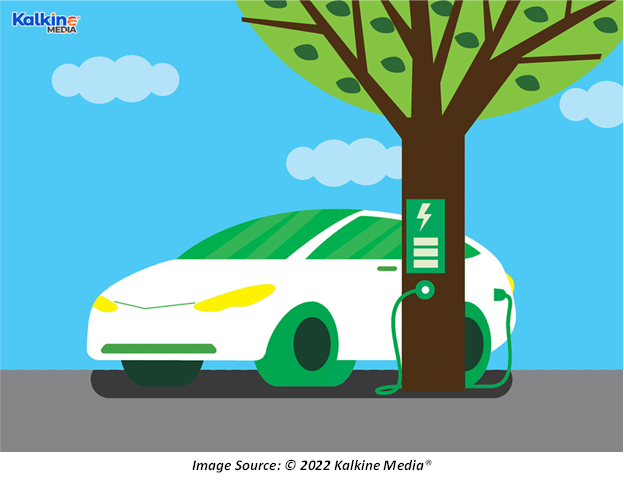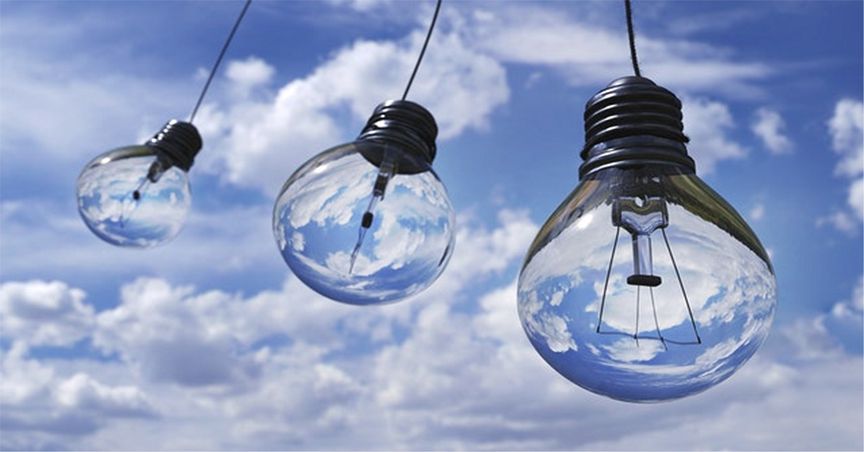Highlights
- Australia’s energy crisis has become a key area of concern after inflationary pressures in the economy.
- Eraring, Australia’s biggest power station, is currently facing a shortage of coal.
- Renewable energy appears a sustainable solution to the current energy crisis.
Australia’s energy crisis can be described as nothing less than a “perfect storm”, a term that Treasurer Jim Chalmers came up with. Rising energy prices have added to a hefty list of price-side concerns facing an average Australian. The underlying problem is multifold and, thus, might not be resolved in the short term. However, the newly elected government will have to seek a solution to prove their voters right.
A closer look at the scenario shows that depleting coal reserves are the centre of the whole energy crisis problem. With households managing soaring prices of goods and services, the additional pressure created in the energy industry has only tightened consumers’ hold on their wallets. Amidst a potential drop in consumer demand, talks of recession have garnered attention in the economy.
Meanwhile, Australia has only just begun its interest rate tightening cycle. Rising interest rates have further clouded the outlook for Australian borrowers and have made the economy highly volatile. Due to the high number of mortgage loans being taken out, the Australian economy has become extremely sensitive to interest rate changes. Consequently, the economy has entered a dangerous zone.
DO NOT MISS: What does the latest NSW voluntary assisted dying legislation mean?
Biggest power station running dry
Eraring, Australia’s biggest power station, is quickly running out of coal, which is used to fire turbines. The station would be closing in 2025, seven years earlier than expected. But where is this deep-rooted coal supply crisis stemming from?
Origin Energy is the coal supplier to the Eraring power station and has recently seen severe production constraints. The coal stockpiles of Origin Energy at its Lake Macquarie plant, north of Sydney, have been running low as per the company's statement to the Australian Stock Exchange. Consequently, Origin Energy has had to source coal from alternative sources, where prices are higher and at par with international levels.
A large uptick is visible in commodity prices as the Russia-Ukraine war has exacerbated supply constraints throughout the globe. Sanctions on the Russian supply of goods have affected global prices, making all international sources of commodities a highly expensive option. Plus, transporting coal from nations farther away means higher transit costs for Australia.
This problem is not only being witnessed by Origin Energy. There are many other coal companies facing the same issue, which has led to an overall hike in the price of coal. As Australia’s power supply mostly comprises coal-powered stations, the problem has only worsened the case for its energy market.
ALSO READ: Australia's new cabinet has record number of women!
What can be done to ease energy crisis?
A switch to renewable energy seems the most appropriate solution to the ongoing problem. Perhaps the Australian population has also sensed that renewable energy is the future and has shown active interest in solar energy generation.
Customers have increasingly acknowledged the need to switch to more sustainable alternatives such as solar and wind energy. The biggest evidence of growing awareness of climate change in Australia is the country’s latest election results.

Among the many claims the Anthony Albanese-led Labor party offers, measures to work against climate change have resonated the most with the voters. These claims have helped land him a win in this year’s federal elections.
Anthon Albanese has promised to equip Australia’s electricity grid with renewable energy, a move which can help ease energy price pressures. While some effort has been made in this area, a lot more would be required from the federal government to overcome the national crisis.
Energy exporters: Sole winners?
Just as there are two sides to a coin, there are two sides to Australia’s energy crisis. Fossil fuel exporters have escaped unscathed by the rising commodity prices. In fact, the energy crisis has been a blessing in disguise for them, as they are able to churn higher revenues.
However, the gains incurred by these exporters could end abruptly if the Australian Domestic Gas Security Mechanism is triggered. The mechanism has been put in place to avoid the depletion of domestic resources through increased exports at the cost of a supply crunch in the domestic market.
However, the main purpose of the mechanism is to ensure local gas prices do not exceed global ones, which is not the prime concern right now. As exporters continue to profit from the rising prices, some of these gains are floating into the Australian economy too. However, this could do little to lift the price pressures faced by the population. Overall, a shift to renewable energy seems the country’s best bet to dampen price-side pressures.
ALSO READ: RBA to lift cash rate on Tuesday: What to expect?



